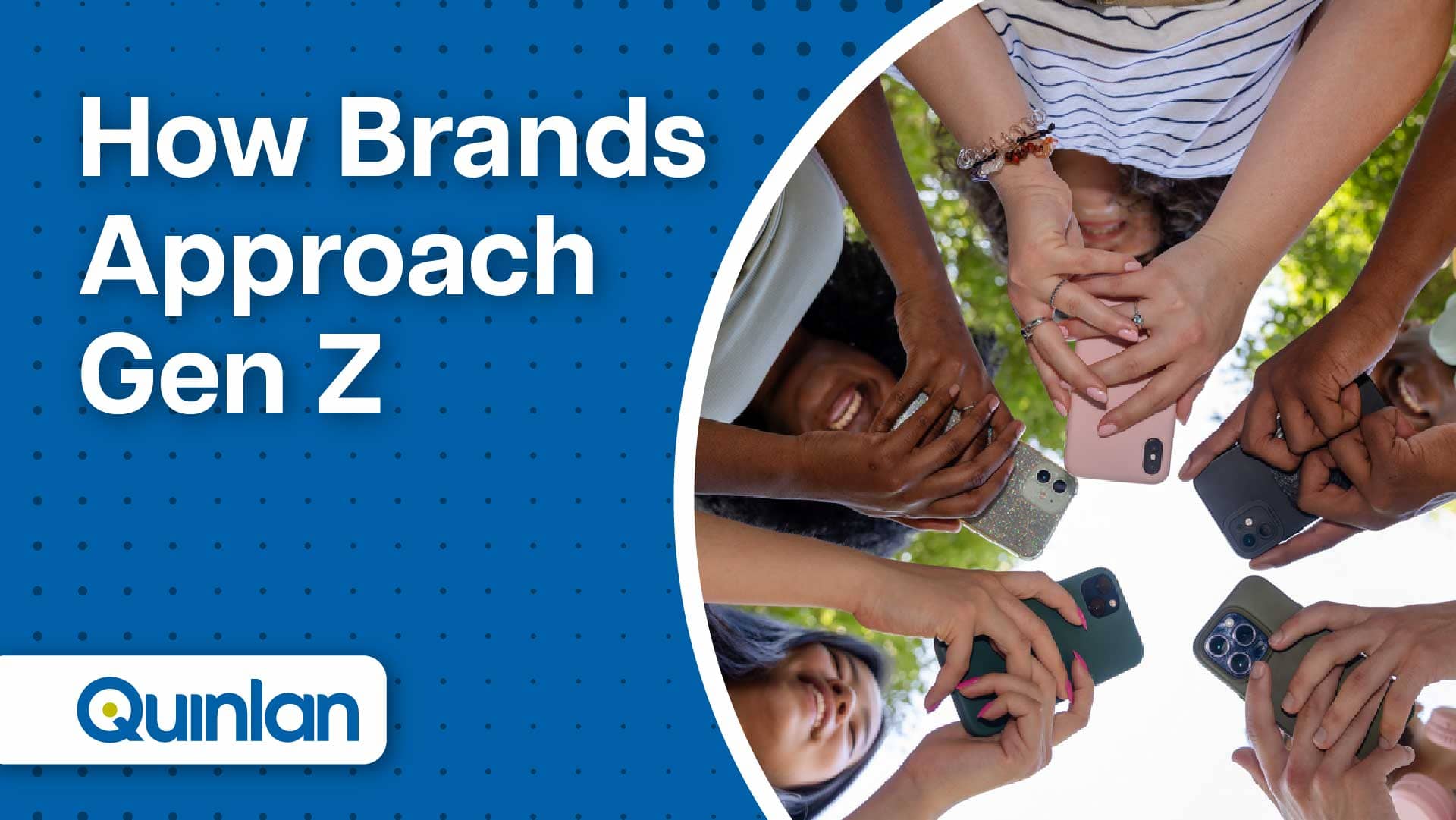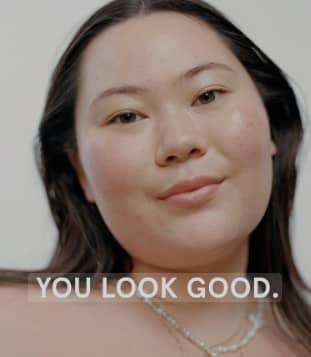
How Brands Approach Gen Z
Generation Z is making its way in the world. Born in 1997 with a cutoff date of 2012, they’re defined as “digital natives” for having grown up with the internet and smart devices. Gen Z came of age in a landscape much different than that of Millennials (born between 1981–1996), Generation X (born between 1965–1980), and Baby Boomers (born between 1946–1964), not just in terms of day-to-day life, but also with how companies target their products toward them.
What makes Gen Z who they are? And how are those traits reflected in brands’ approach to their campaigns?
About Gen Z
Generation Z grew up with the internet, computers, and video-focused websites like YouTube and TikTok, developing a lifelong familiarity and eventual preference for visual content and expressing themselves through less traditional conversational means. Aside from the optical language of video, Gen Z may translate their feelings through emojis rather than words to accurately reflect their moods or reactions, or create and share memes (an image combined with a small amount of text) to share ideas or viewpoints.
With these methods of communication, you may think Gen Z has difficulty understanding each other and the world, but that’s untrue. Authenticity is a driving characteristic of this generation. Over a manufactured image, they prefer rawness; over celebrities, they prefer representations of normal people; and over carefully curated content, they want something real, relatable, and transparent.
So, how are brands catering to Gen Z’s preferences?
The Authentic Message
Glossier, a beauty brand whose core business involves makeup, skin care, and body care, engages with micro-influencers (people with 10K–100K followers on Instagram, for example) for product campaigns. To Gen Z, micro-influencers feel like a familiar friend or a real person they would casually see on the street. Their moderate follower count and the type of content they post (typically about their lives or experiences) give them an authentic and relatable feel.
Compare this to a typical celebrity influencer with a follower count in the millions that has an image to maintain, may be working with a public relations team, and living a seemingly fantastical, almost unrealistic life. Based on what you’ve read about Gen Z, you can assume which of the two they’d prefer to follow.
Glossier’s “You Look Good” campaign collaborated with micro-influencers to encourage individuals to celebrate their natural beauty. Micro-influencers shared unfiltered pictures of themselves using only one or two Glossier products (with nothing else) and provided their audience with their real opinions and experiences about the product. These micro-influencer testimonials were shared on sites like Instagram and proved to be strongly resonant with their followers.

Visual Kaleidoscope
One brand ingraining themself in the Gen Z language of memes, emojis, short-form video content is Nutter Butter, whose recent social media presence has been resulting in huge numbers in reshares, comments, likes, and improved brand awareness across platforms like TikTok and Instagram.
Describing just one post is difficult, but the consistent campaign elements include images of Nutter Butter cookies, bright and contrasting colors, cats, low video resolution, and trippy visuals. This appeal to Gen Z’s love of video and knowledge of meme culture and absurdist humor proved massively successful for Nutter Butter with a 75% increase in searches for the cookie in September 2024 and the campaign still continuing today.

Thoughts from a Gen Z Mind
I was born in 1997. Growing up in the 2000s and 2010s, and seeing the development of my generation’s identity and its gradual adoption of things like video and memes, I appreciate the direction and content of the campaigns these brands are using to speak directly to Gen Z and, in Glossier’s case, their trusting of real people to give accurate testimony on a product. I’m curious to see what other brands will do as Gen Z gets older and becomes a larger share of the worldwide population.
Looking for a new approach or perspective on your next marketing or advertising campaign? Throw us a message.